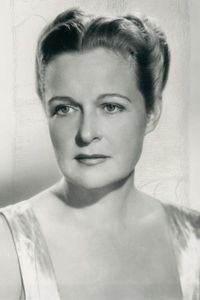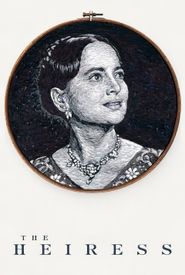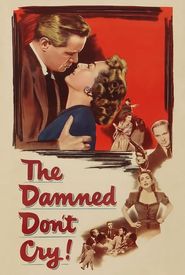Selena Royle was a talented character actress who shone brightly throughout her 1940s Hollywood career, exuding warmth, kindness, sincerity, dedication, and radiance. These inspiring traits extended beyond her on-screen presence, as she contributed significantly to the war effort.
Born to playwright Edwin Milton Royle, Selena started her career in the limelight as the daughter of a well-known playwright. Despite her parents' protests, she pursued a theatrical career, making her debut in a play written by her father, "Launcelot and Elaine," in the role of Guinevere.
Selena grew in stature with celebrated theater roles throughout the 1920s, including "Peer Gynt," "She Stoops to Conquer," "Paradise," and "Napoleon." She struggled in the 1930s with films, but rebounded with successful theater roles and radio serials.
In the early 1940s, Selena organized the Stage Door Canteen, a Broadway institution that entertained and served free meals to servicemen. This endeavor brought her back to films, and she was subsequently signed by MGM.
For the rest of the decade, Selena established herself as a beloved character actress, known for her all-caring and self-sacrificing roles as the mother of five boys killed in action in "The Fighting Sullivans" and as Elizabeth Taylor's wise mom in "Courage of Lassie."
Her other notable films include "Mrs. Parkington," "The Harvey Girls," and the Cole Porter biopic "Night and Day." However, her career came to a halt when she was branded a Communist sympathizer during the McCarthy-era hysteria.
Selena refused to appear before the House Committee on Un-American Activities and instead sued the infamous "Red Channels" that listed her name. She valiantly campaigned to restore her image, but the damage had already been done.
Selena Royle passed away following a brief illness in 1983, leaving behind a legacy as a talented actress, devoted philanthropist, and author.




















































